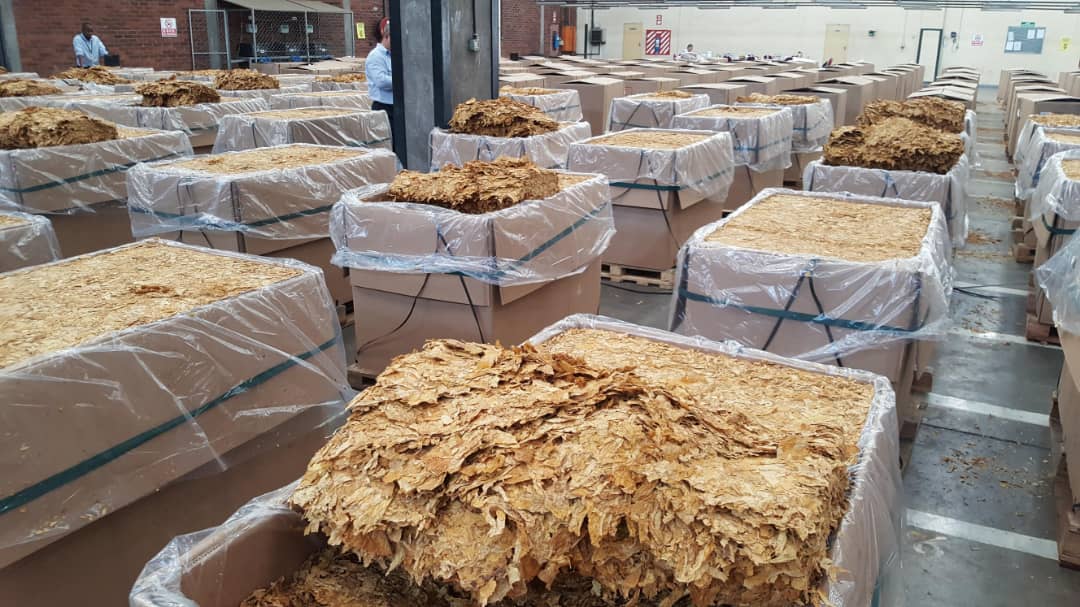Tips For Buying and Exporting Raw Tobacco from Zimbabwe
Tips For Buying and Exporting Raw Tobacco from Zimbabwe
Raw tobacco is the agricultural product obtained from the leaves of the tobacco plant after curing. Raw tobacco is not a finished product, but it can be further processed and sold as a different tobacco product. Raw tobacco is not commonly produced or exported in Zimbabwe, but it can be found in some small quantities. The market for raw tobacco remains small because manufacturers are more likely to process cured leaves into cigar filler and pipe and cigarette tobaccos than raw leaves. If you are looking to export raw tobacco from Zimbabwe, there are some things you should consider first. Keep reading to find out more!
Things to know before buying raw tobacco
– Variety: The tobacco variety must be clearly identified. Some varieties have better qualities than others and are more expensive. – Quality: The quality of the tobacco should be assessed based on its appearance, moisture content, and color. The more discoloration on the leaves, the lower the quality. Tobacco should be dry and free of mold and insects. – Location: Where the tobacco is grown affects its quality. Tobacco grown in an area that has plenty of rain and humidity will have a higher moisture content than tobacco grown in arid conditions. – Time of Harvest: The time of harvest also affects the quality of tobacco. Tobacco leaves that are harvested while they are still green will produce tobacco with a high moisture content. Tobacco leaves that are allowed to ripen fully before harvesting produce relatively dry tobacco leaves. – Payment Terms: It is important to establish the payment terms before buying raw tobacco. It is particularly important to discuss the timing and amount of payment.
Exporting Process for Raw Tobacco in Zimbabwe
Purchase raw tobacco from a local grower in Zimbabwe. The grower may dry the tobacco before selling it to you. If the grower does not dry the tobacco, you must dry it yourself before shipping it to your trading partner. Clean the tobacco and pack it into a container. The container must be approved for shipping and have a biosecurity seal attached. Locate an export company. Export companies can arrange transportation to a port along with customs clearance and shipping to your trading partner. Visit the Zimbabwe Revenue Authority to obtain an export permit.
Finding the Right Supplier in Zimbabwe
– Ask Around: The best way to find a supplier of raw tobacco is to ask other companies that already import raw tobacco. – Source Countries: This can help you decide which countries to focus on. For example, if your main buyer is in Brazil, you may want to focus on sourcing from countries that have good relationships with Brazil, like Paraguay or Argentina. – Regulations: Make sure to do your research on the importing regulations for raw tobacco in the countries you are sourcing from. This will help you decide where to source your raw tobacco. – Prices: Get a price quote from at least three suppliers.
Exporting Process for Raw Tobacco from Zimbabwe
Transport raw tobacco to a port in Zimbabwe. Find a company that imports raw tobacco in Zimbabwe. Complete customs clearance. This means you must fill out the appropriate paperwork with the Zimbabwe Revenue Authority and declare the shipment. Find a shipping company to transport the tobacco to your trading partner.
Drying and Storage of Raw Tobacco
– When to Harvest: Tobacco should be harvested when the leaves are 50% of the plant’s full size. When the leaves reach this stage, they will have the proper moisture content for processing. – When to Dry: If you are buying the tobacco from a grower, you will need to dry it yourself. Tobacco should be dried in an environment with a temperature of 80 ̊F and a relative humidity of 45%. – When to Store: Raw tobacco should be stored in drums or containers that are clean and dry. Make sure the container is sealed to prevent the tobacco from getting wet.
Final Words: Wrapping up
If you are interested in exporting raw tobacco from Zimbabwe, you will need to be aware of the factors that affect the quality of the raw tobacco. Raw tobacco should be harvested when the leaves are 50% of the plant’s full size, and it should be dried in an environment with a temperature of 80 ̊F and a relative humidity of 45%. Raw tobacco should be stored in drums or containers that are clean and dry. Raw tobacco is not commonly produced or exported in Zimbabwe, but it can be found in some small quantities. The market for raw tobacco remains small because manufacturers are more likely to process cured leaves into cigar filler and pipe and cigarette tobaccos than raw leaves.








LEAVE A COMMENT
You must be logged in to post a comment.